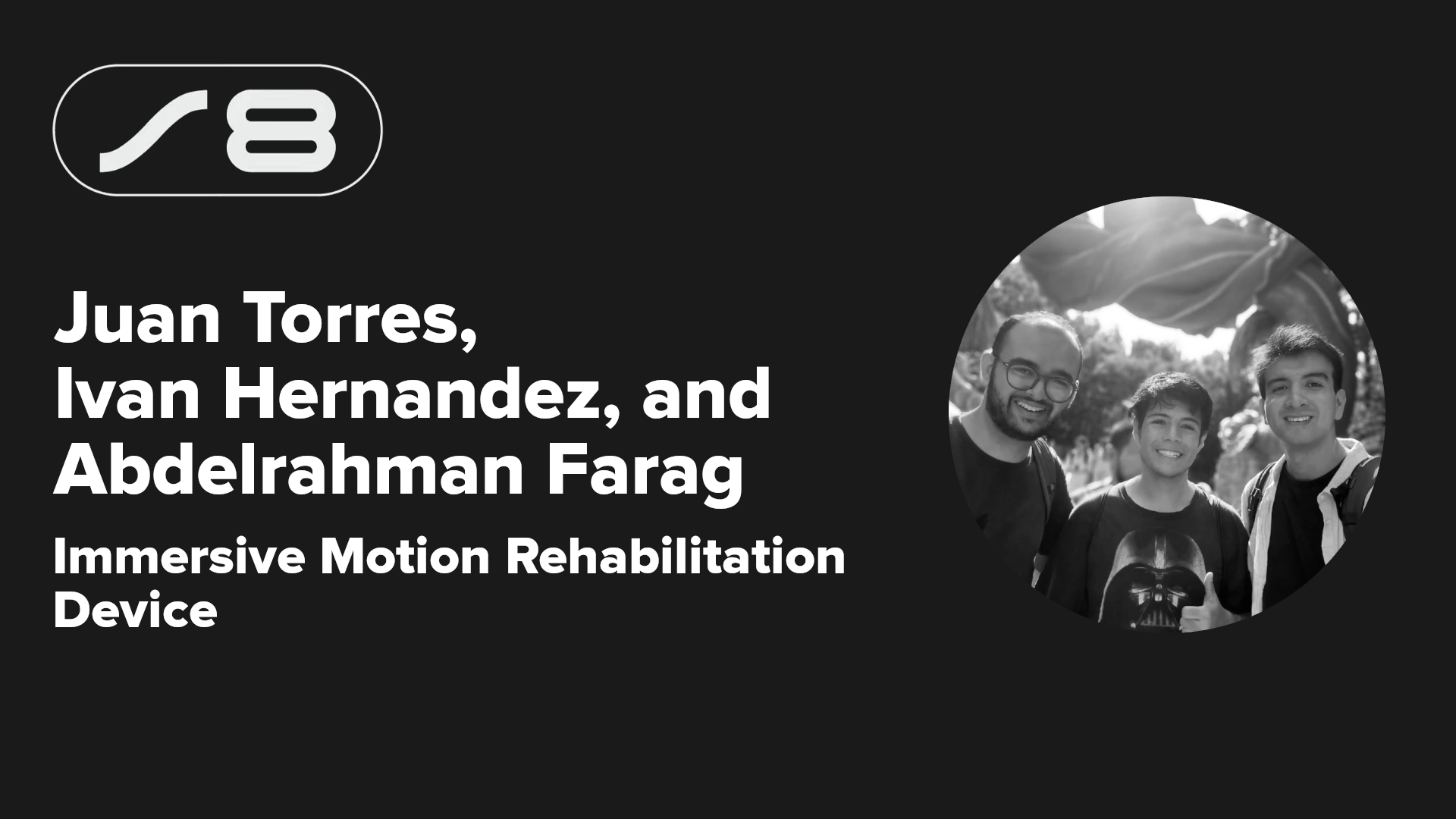How to Fix Authorize Helper Issues in Ruby 3 with Pundit
In Ruby on Rails applications, the Pundit gem is widely used for managing authorization through policies. Recently, many developers have encountered problems when transitioning from Ruby 2.7 to Ruby 3.x, particularly with the behavior of the authorize helper method. This article explores how to effectively resolve those issues related to namespaced policies in Ruby 3. Understanding the Issue The main challenge arises from changes in Ruby 3 regarding keyword arguments. Whereas in Ruby 2.7, using keyword arguments was fairly lenient, Ruby 3 introduced stricter rules. This impacts the Pundit authorize method, specifically when dealing with keyword arguments, as certain configurations are being ignored under the new language rules. For example, a common pattern involves overriding the authorize method in an AdminController to set namespacing automatically. Here’s a typical implementation: class AdminController < ApplicationController def authorize(record, query = nil) super([:admin, record], query) end end This code works seamlessly under Ruby 2.7, but when using a specific policy class in Ruby 3, such as in the following line: @licensee = authorize Licensee.find(params[:id]), policy_class: Admin::LicenseePolicy it can lead to unexpected behavior where the specified policy_class is ignored. Fixing the Authorize Method To address these issues, we can update the authorize method to correctly handle keyword arguments. Here’s a modified version of the previous code: class AdminController < ApplicationController def authorize(record, query = nil, policy_class: nil) options = [{:admin, record}] options.append(query) if query.present? super(*options, policy_class: policy_class) end end In this implementation: We keep the namespacing behavior intact. We ensure that both the query and policy_class keyword arguments can coexist without issue. We utilize a splat operator (*) to unpack our options, making the method calls flexible. This straightforward update allows our custom authorize method to work seamlessly with both named and positional arguments. Handling Single Table Inheritance (STI) As you noted, you are implementing Rails single-table inheritance (STI) with your Licensee class. When using STI, it’s crucial to maintain a hierarchy in your authorization policies. If your subclasses existed and you wanted the parent policy to be used, ensure your Licensee model and its subclasses correctly define your policy logic: class Licensee < ApplicationRecord # common logic for all Licensee subclasses end class PremiumLicensee < Licensee # specific logic for PremiumLicensee end This structure enables you to call the parent’s Admin::LicenseePolicy to cover all licensees without failing when trying to authorize a specific subclass. Frequently Asked Questions (FAQ) What changes in Ruby 3 affect keyword arguments? Ruby 3 introduced stricter handling of keyword arguments, affecting methods that utilize them. As a result, arguments might be incorrectly ignored if not handled properly in method definitions. How can I test if my Pundit policies are working? You can write unit tests for your policies using RSpec or Minitest. Ensure your policies behave as expected based on various scenarios involving user roles and permission levels. Will these changes affect other parts of my application? If you utilize similar patterns elsewhere in your application, you might need to audit and update those authorize methods as well to ensure smooth operation under Ruby 3. How do I rollback to Ruby 2.7 if needed? You can change Ruby versions if you're using version managers like RVM or rbenv. Ensure to check your application's dependencies and compatibility. In conclusion, the changes to how Ruby 3 handles keyword arguments should not block your authorization functionality with Pundit. Instead, with thoughtful adjustments to your methods, you can maintain a fluid and efficient authorization flow in your application, letting you keep your focus on developing rich features rather than grappling with version-specific issues.

In Ruby on Rails applications, the Pundit gem is widely used for managing authorization through policies. Recently, many developers have encountered problems when transitioning from Ruby 2.7 to Ruby 3.x, particularly with the behavior of the authorize helper method. This article explores how to effectively resolve those issues related to namespaced policies in Ruby 3.
Understanding the Issue
The main challenge arises from changes in Ruby 3 regarding keyword arguments. Whereas in Ruby 2.7, using keyword arguments was fairly lenient, Ruby 3 introduced stricter rules. This impacts the Pundit authorize method, specifically when dealing with keyword arguments, as certain configurations are being ignored under the new language rules.
For example, a common pattern involves overriding the authorize method in an AdminController to set namespacing automatically. Here’s a typical implementation:
class AdminController < ApplicationController
def authorize(record, query = nil)
super([:admin, record], query)
end
end
This code works seamlessly under Ruby 2.7, but when using a specific policy class in Ruby 3, such as in the following line:
@licensee = authorize Licensee.find(params[:id]), policy_class: Admin::LicenseePolicy
it can lead to unexpected behavior where the specified policy_class is ignored.
Fixing the Authorize Method
To address these issues, we can update the authorize method to correctly handle keyword arguments. Here’s a modified version of the previous code:
class AdminController < ApplicationController
def authorize(record, query = nil, policy_class: nil)
options = [{:admin, record}]
options.append(query) if query.present?
super(*options, policy_class: policy_class)
end
end
In this implementation:
- We keep the namespacing behavior intact.
- We ensure that both the query and policy_class keyword arguments can coexist without issue.
- We utilize a splat operator (
*) to unpack our options, making the method calls flexible.
This straightforward update allows our custom authorize method to work seamlessly with both named and positional arguments.
Handling Single Table Inheritance (STI)
As you noted, you are implementing Rails single-table inheritance (STI) with your Licensee class. When using STI, it’s crucial to maintain a hierarchy in your authorization policies.
If your subclasses existed and you wanted the parent policy to be used, ensure your Licensee model and its subclasses correctly define your policy logic:
class Licensee < ApplicationRecord
# common logic for all Licensee subclasses
end
class PremiumLicensee < Licensee
# specific logic for PremiumLicensee
end
This structure enables you to call the parent’s Admin::LicenseePolicy to cover all licensees without failing when trying to authorize a specific subclass.
Frequently Asked Questions (FAQ)
What changes in Ruby 3 affect keyword arguments?
Ruby 3 introduced stricter handling of keyword arguments, affecting methods that utilize them. As a result, arguments might be incorrectly ignored if not handled properly in method definitions.
How can I test if my Pundit policies are working?
You can write unit tests for your policies using RSpec or Minitest. Ensure your policies behave as expected based on various scenarios involving user roles and permission levels.
Will these changes affect other parts of my application?
If you utilize similar patterns elsewhere in your application, you might need to audit and update those authorize methods as well to ensure smooth operation under Ruby 3.
How do I rollback to Ruby 2.7 if needed?
You can change Ruby versions if you're using version managers like RVM or rbenv. Ensure to check your application's dependencies and compatibility.
In conclusion, the changes to how Ruby 3 handles keyword arguments should not block your authorization functionality with Pundit. Instead, with thoughtful adjustments to your methods, you can maintain a fluid and efficient authorization flow in your application, letting you keep your focus on developing rich features rather than grappling with version-specific issues.












































































































































































![[The AI Show Episode 146]: Rise of “AI-First” Companies, AI Job Disruption, GPT-4o Update Gets Rolled Back, How Big Consulting Firms Use AI, and Meta AI App](https://www.marketingaiinstitute.com/hubfs/ep%20146%20cover.png)






























































































































![Ditching a Microsoft Job to Enter Startup Hell with Lonewolf Engineer Sam Crombie [Podcast #171]](https://cdn.hashnode.com/res/hashnode/image/upload/v1746753508177/0cd57f66-fdb0-4972-b285-1443a7db39fc.png?#)


























































.jpg?width=1920&height=1920&fit=bounds&quality=70&format=jpg&auto=webp#)





















































-Nintendo-Switch-2-Hands-On-Preview-Mario-Kart-World-Impressions-&-More!-00-10-30.png?width=1920&height=1920&fit=bounds&quality=70&format=jpg&auto=webp#)










































































































-xl.jpg)





























![New iPad 11 (A16) On Sale for Just $277.78! [Lowest Price Ever]](https://www.iclarified.com/images/news/97273/97273/97273-640.jpg)

![Apple Foldable iPhone to Feature New Display Tech, 19% Thinner Panel [Rumor]](https://www.iclarified.com/images/news/97271/97271/97271-640.jpg)





































































![[Weekly funding roundup May 3-9] VC inflow into Indian startups touches new high](https://images.yourstory.com/cs/2/220356402d6d11e9aa979329348d4c3e/WeeklyFundingRoundupNewLogo1-1739546168054.jpg)





























